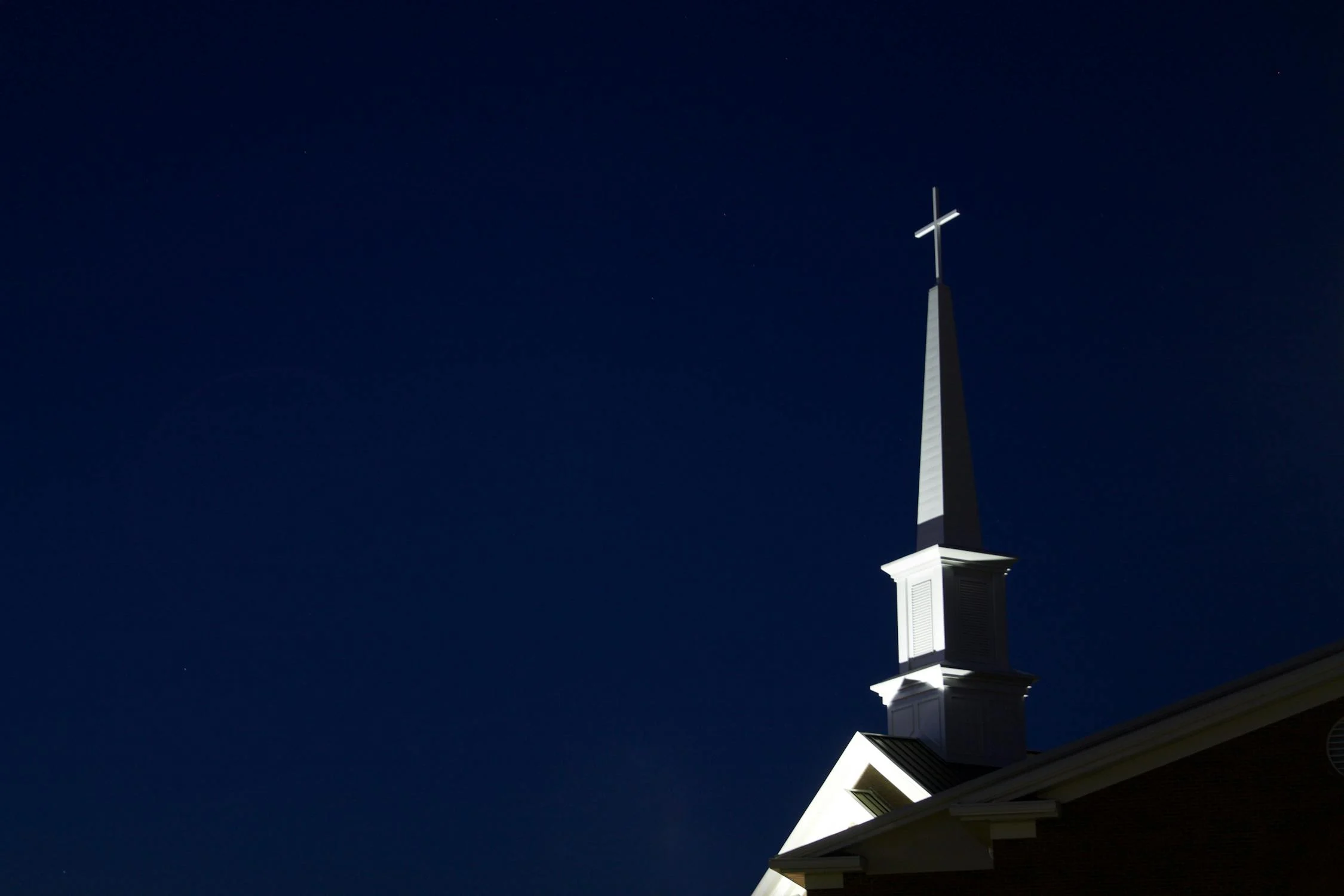The concept of the Sabbath has its roots in the Creation story found in the book of Genesis, where God rested on the seventh day after creating the heavens and the earth. This day of rest was sanctified and blessed by God as a day of rest. “And on the seventh day God ended His work which He had done, and He rested on the seventh day from all His work which He had done. Then God blessed the seventh day and sanctified it, because in it He rested from all His work which God had created and made.” (Genesis 2:2-3)
The Sabbath, observed from Friday evening to Saturday evening, is traditionally recognized as the day of rest in Judaism, aligning with the seventh day of the week. This observance is a commandment detailed in the Ten Commandments: “Remember the Sabbath day, to keep it holy. Six days you shall labor and do all your work, but the seventh day is the Sabbath of the LORD your God. In it you shall do no work…” (Exodus 20:8-10)
In Christianity, the observance of the Sabbath has undergone interpretation variations. Early Christians, many of whom were Jewish, initially observed the Sabbath on Saturday. However, Sunday, the first day of the week, became significant for Christians because it commemorates the resurrection of Jesus Christ, which is believed to have occurred on a Sunday. Acts 20:7 mentions believers gathering on the first day of the week to break bread, indicating an early practice of worship on Sundays.
Therefore, while Saturday is the traditional Sabbath day as per the Old Testament commandments, many Christians choose to observe Sunday as their day of worship and rest, in recognition of the resurrection of Jesus Christ. The day of worship can vary between denominations and personal beliefs, reflecting the diversity within Christianity.





Leave a Reply